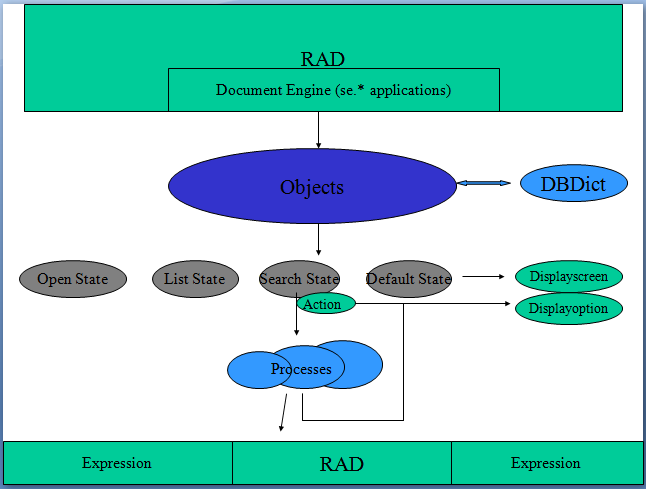Searching the Help
To search for information in the Help, type a word or phrase in the Search box. When you enter a group of words, OR is inferred. You can use Boolean operators to refine your search.
Results returned are case insensitive. However, results ranking takes case into account and assigns higher scores to case matches. Therefore, a search for "cats" followed by a search for "Cats" would return the same number of Help topics, but the order in which the topics are listed would be different.
| Search for | Example | Results |
|---|---|---|
| A single word | cat
|
Topics that contain the word "cat". You will also find its grammatical variations, such as "cats". |
|
A phrase. You can specify that the search results contain a specific phrase. |
"cat food" (quotation marks) |
Topics that contain the literal phrase "cat food" and all its grammatical variations. Without the quotation marks, the query is equivalent to specifying an OR operator, which finds topics with one of the individual words instead of the phrase. |
| Search for | Operator | Example |
|---|---|---|
|
Two or more words in the same topic |
|
|
| Either word in a topic |
|
|
| Topics that do not contain a specific word or phrase |
|
|
| Topics that contain one string and do not contain another | ^ (caret) |
cat ^ mouse
|
| A combination of search types | ( ) parentheses |
|
RAD applications flow
The following figure provides an overview of how the other tailoring tools interact with the Document Engine.

Note All RAD applications related to the Document Engine start with "se", such as se.view.engine. The document engine treats every record as a document made available to the user.
When a file is displayed using the Document Engine it will always be using one of the three applications specified earlier in this document. The display screen, display options, and format are determined by the current State of the record. When a display option is triggered, after the standard display functionality is performed, the engine checks the “action” of that option against the available processes defined in the current State record. If there is a process defined that has a condition that evaluates to true, the engine then performs that process against the current record (or record set). If the action is not defined in the State record, the engine will then check to see if that action is defined as a “Base Process” in the current application. If it is, then the system will perform that base process against the record. If not, no action is taken.
Integration tips for display application
If a display screen does not have any display events associated to it, the system automatically uses the se.default display event that performs se.lock.object in case of “OnFormModified”.
If a display option record has the “Modifies Record” check box activated, the record is locked when the button is pressed.
We welcome your comments!
To open the configured email client on this computer, open an email window.
Otherwise, copy the information below to a web mail client, and send this email to docs.feedback@hpe.com.
Help Topic ID:
Product:
Topic Title:
Feedback:





